Free zones in Turkey are considered one of the main factors that contribute to promoting trade and investment within the country. Since the establishment of the first free zone in Turkey in 1985, these zones have played a vital role in attracting investments and promoting exports. In this article, we review the concept of free zones in Turkey, their history, the most prominent free zones, and how to benefit from them in promoting economic growth.
The concept of free zones
Free zones are defined as special locations within the country that are considered outside the customs zone. These zones aim to promote exports of goods and services by providing a flexible and special regulatory business environment. Free zones enjoy special treatment that contributes to facilitating business, attracting investments, and stimulating economic growth.
Features:
Customs and tax exemptions: Free zones provide exemptions from customs duties and taxes, which reduces the cost of business.
Free movement of goods: Free zones facilitate the movement of goods and services, which enhances international trade.
Advanced infrastructure: It contains advanced facilities that contribute to facilitating production and distribution processes.
History of Free Zones in Türkiye
The first free zone in Türkiye was established in 1985, and since then the network has expanded to include 18 free zones, each offering different benefits to companies. The following is a list of the most prominent free zones in Turkey and their dates of establishment:
Mersin Free Zone (1985)
Antalya Free Zone (1985)
Aegean Free Zone (1987)
Istanbul Ataturk Airport Free Zone (1990)
Trabzon Free Zone (1990)
Istanbul Thrace Free Zone (1990)
Adana Yumurtalik Free Zone (1992)
Istanbul Free Industry and Trade Zone (1992)
Samsun Free Zone (1995)
Europe Free Zone (1996)
Rize Free Zone (1997)
Kayseri Free Zone (1997)
Izmir Free Zone (1997)
Gaziantep Free Zone (1998)
Tubitak Free Zone (1999)
Denizli Free Zone (2000)
Bursa Free Zone (2000)
Kocaeli Free Zone (2000)
Features:
Encouraging investments: Free zones provide a favorable environment for attracting local and foreign investments.
Diversification of industries: They include various industries such as manufacturing, technology, and services.
Most prominent free zones in Turkey
Mersin Free Zone
Location: Located in Mersin, it is one of the first free zones established in Turkey.
Features: The free zone provides flexibility in customs procedures, and advanced equipment for industrial facilities.
Istanbul Free Zone
Location: It includes multiple free zones in Istanbul, including the Thrace Free Zone and the Istanbul Free Zone for Industry and Trade.
Features: Istanbul is a major center for international trade, which makes its free zones attractive for investments.
Adana Yumurtalik Free Zone
Location: Located in Adana, it is one of the vital regions in southern Turkey.
Features: The free zone provides a supportive environment for heavy and light industries, with advanced logistics facilities.
Benefits from free zones
Companies can benefit from free zones in several ways:
Cost savings: Through customs and tax exemptions.
Improve Efficiency: Using advanced infrastructure to speed up production and distribution processes.
International Expansion: Benefit from access to global markets without customs restrictions.
Preparing to work in free zones:
Study the laws and regulations: Make sure to understand the laws specific to free zones to avoid any legal problems.
Strategic Planning: Develop a clear business plan to set goals and expand into the international market.
Conclusion
Free zones in Turkey are essential tools that promote economic growth and support international trade. By understanding the advantages and benefits of free zones, you can take advantage of them to improve your business operations and enhance your opportunities in global markets.


